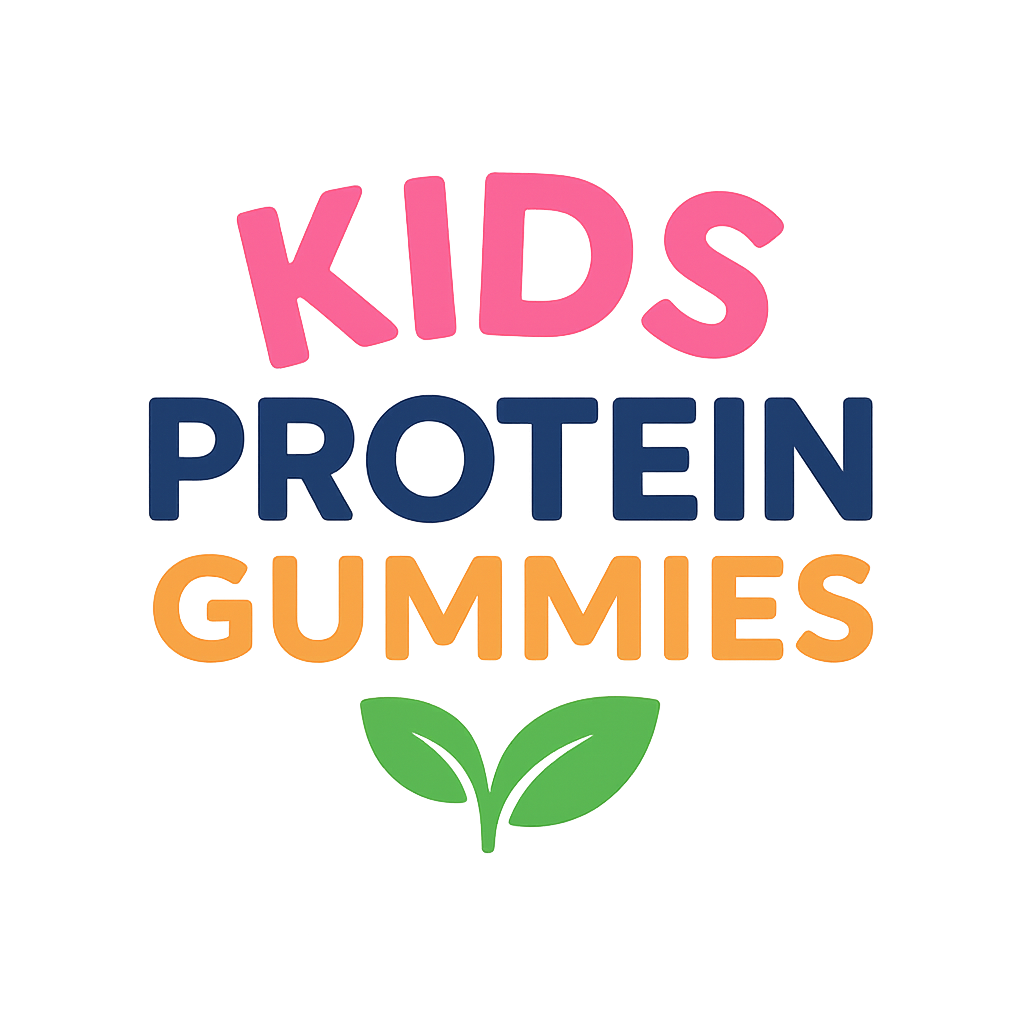
Additional Benefits of Protein for Kids
By exploring the benefits of protein for kids, parents become more aware of the significant role it plays in a child’s diet, promoting lifelong healthy eating habits.
In addition, recognizing the benefits of protein for kids can encourage families to experiment with new recipes that integrate protein-rich ingredients seamlessly into their meals.
These protein balls are not just tasty but also showcase the benefits of protein for kids, as they provide essential nutrients to keep children engaged and active.
By being informed about the benefits of protein for kids, parents can make better choices regarding the foods they provide, ensuring a well-rounded diet for their children.
The benefits of protein for kids extend to their immune health; ensuring they consume sufficient protein can bolster their defenses against common illnesses.
Incorporating the benefits of protein for kids into breakfast routines can set a positive tone for their day, enhancing their focus and energy levels during school.
Understanding the benefits of protein for kids helps in planning balanced meals that are appealing and nutritious, ensuring children enjoy their food while receiving essential nutrients.
By embracing the benefits of protein for kids in their diets, parents can foster a love for nutritious foods from an early age.
Ultimately, the benefits of protein for kids are far-reaching, supporting not only their physical development but also their cognitive and emotional well-being.
By regularly discussing the benefits of protein for kids, parents can reinforce the importance of a balanced diet that includes ample protein sources.
Understanding the benefits of protein for kids goes beyond physical health. Adequate protein intake supports cognitive function, emotional well-being, and overall growth, enabling kids to thrive in their daily activities.
Protein is crucial for growing bodies—but not all protein is created equal! For optimal development, kids need complete proteins that contain all the essential amino acids. The benefits of protein for kids can be observed through collagen and whey, two of the best protein sources, working together to support muscle, bone, joint, and immune health.
What Is Complete Protein?
The benefits of protein for kids are evident in how complete proteins provide all nine essential amino acids in amounts kids need for growth and repair. While many plant proteins are incomplete, animal-based proteins like collagen and whey are naturally complete and highly bioavailable. Learn more about high protein snacks for kids.
Why Collagen Matters for Kids
Collagen is the most abundant protein in the body and provides critical nutrients to achieve the benefits of protein for kids. Collagen is vital for building strong bones, cartilage, skin, teeth, and connective tissue. During growth spurts, the benefits of protein for kids, particularly collagen, helps support healthy development and resilience, making it especially important for active children.
Why Whey Protein Stands Out

Whey protein, found in dairy, is rapidly absorbed and supplies a broad spectrum of amino acids for muscle growth and immune support. The benefits of protein for kids, specifically complete proteins is critical. Whey has high bioavailability means kids get more usable nutrition from every serving, highlighting the benefits of protein for kids.
Vitamin C & Protein Synthesis
Vitamin C is a critical cofactor for synthesizing collagen protein in the body. Ensuring kids get enough vitamin C alongside the benefits of protein for kids helps maximize collagen’s advantages for skin, joints, and overall health.
How to Incorporate Collagen and Whey in Kids’ Diets
- Gummies made with collagen and whey protein (1g per serving, 3g per gummy is ideal)
- Yogurt smoothies blended with fruit to emphasize the benefits of protein for kids
- High-protein pancakes or waffles
- Homemade snack bars using quality protein powders
Understanding Amino Acids
Amino acids are the building blocks of protein. Kids need a variety of amino acids daily, especially those not made by the body (essential amino acids). A blend of collagen and whey offers a full spectrum of the benefits of protein for kids for optimal growth.
Collagen for Bones, Skin & Joints
The benefits of protein for kids include supporting strong bones, flexible joints, healthy skin, and hair growth—key factors during a child’s most active years.
Whey for Muscle Growth
Whey protein helps build and repair muscle after activity, keeps energy levels steady, and is easily digested by most children, showcasing the benefits of protein for kids.
Bioavailability vs. Plant Proteins
While plant-based proteins are an option, they often lack one or more essential amino acids and can be harder for kids to digest. The benefits of protein for kids are better served by collagen and whey, which are more efficiently used by the body, making them superior choices for supporting children’s nutrition and growth.
Real Food Ideas for Every Family
From easy-to-eat gummies to protein-rich snacks and drinks, families have more ways than ever to incorporate high-quality protein into every day. Choosing real food options with collagen and whey gives kids the building blocks for strong, healthy bodies—and makes snack time delicious!
Understanding the Benefits of Protein for Kids
Finally, sharing information with other parents about the benefits of collagen and whey protein can foster a community of health-conscious families. Hosting playdates that include healthy snacks can also be an excellent way to introduce kids to nutritious options while ensuring they are learning good eating habits early on.
Additionally, parents might consider implementing a weekly meal prep routine that includes protein-rich foods. Preparing meals in advance can ensure that healthy snacks and meals are readily available, helping to prevent unhealthy eating habits when time is tight.
Incorporating protein-rich snacks into a child’s daily routine can be both fun and delicious. For example, try creating protein balls made with nut butter, oats, and chocolate chips. Not only are they easy to make, but they also provide a quick protein boost to keep kids energized throughout their day.
It’s also essential to educate parents about how to read nutrition labels effectively. Understanding the protein content in different foods can empower families to make informed decisions about their children’s diets. For example, when selecting yogurt, look for options that list whey protein as one of the primary ingredients.
Moreover, the importance of vitamin C cannot be overstated when discussing collagen synthesis. Ensuring that kids have a colorful array of fruits and vegetables can help them meet their vitamin C needs. For example, incorporating strawberries, oranges, and bell peppers into their meals can enhance collagen production and support their overall health.
To illustrate, a simple recipe for a protein-packed smoothie could include whey protein powder, a banana, some spinach, and almond milk. This combination provides a great balance of protein, vitamins, and minerals, making it an excellent choice for breakfast or a post-school snack.
Whey protein, on the other hand, can be particularly effective in promoting muscle recovery after sports and physical exertion. For example, a post-workout smoothie made with whey protein can help replenish lost nutrients and speed up recovery, allowing children to return to their activities faster.
Collagen is particularly beneficial for young athletes. It plays a critical role in maintaining joint health, which is vital for those participating in sports. By supporting the cartilage surrounding joints, collagen can help reduce the risk of injuries and improve recovery times. This is especially relevant as children engage in various physical activities.
For instance, a child’s body undergoes numerous changes during growth phases, especially during puberty, making protein intake even more essential. Studies have shown that children who receive adequate protein are more likely to achieve their growth potential and maintain a healthy weight.
Protein plays a vital role in a child’s overall development and daily functioning. Active children require adequate protein intake to sustain their energy levels and support their growth. Foods rich in protein not only fuel their bodies but also support cognitive development, mood regulation, and immune function, which are crucial for their overall health.
Want more ideas? See our High Protein Snacks for Kids and Low Sugar Snacks for Kids pages.
